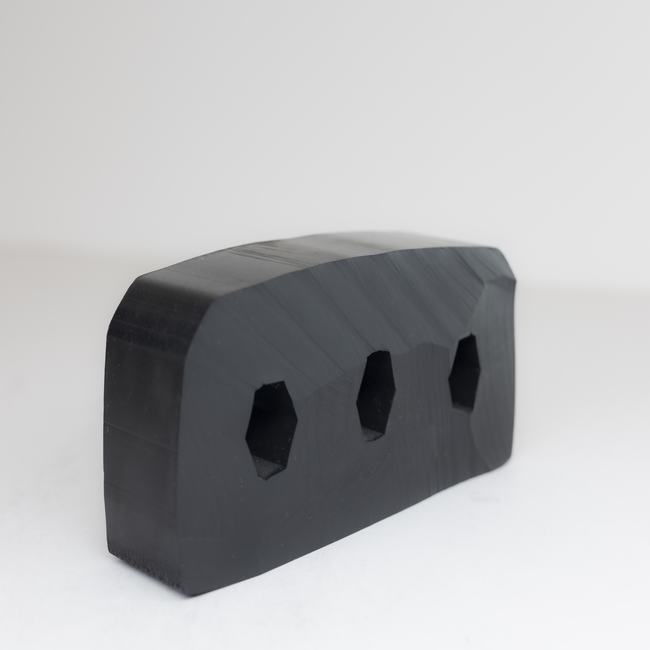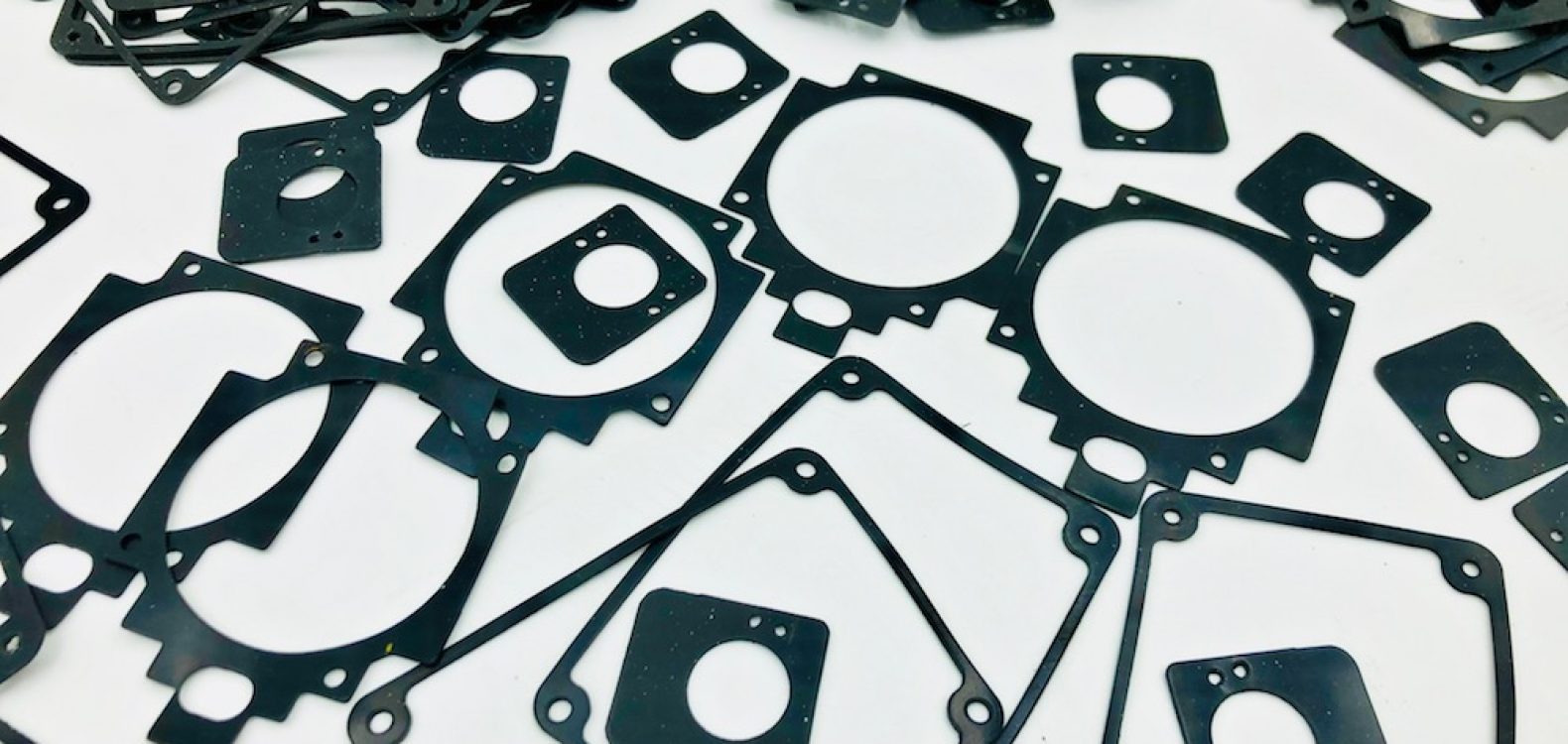Ship seals refer to a range of sealing components and systems used in the maritime and shipping industry to maintain the integrity of vessels, ensure their safety, and protect against various environmental factors. These seals are critical for the proper functioning and operation of ships, as well as for the safety of crew members and cargo. Here are some key types and applications of ship seals:
Types of Ship Seals:
- Hatch Seals: These seals are used to provide a watertight and airtight seal on hatches and cargo access points to prevent water ingress, maintain cargo integrity, and ensure the stability of the vessel.
- Shaft Seals: Shaft seals are installed around the propulsion shafts of ships to prevent water from entering the vessel and to keep the engine room dry. Common types include mechanical seals and lip seals.
- Bulkhead Seals: Bulkhead seals are employed in the separation walls or bulkheads of ships to maintain watertight compartments and prevent the spread of water in case of flooding or damage.
- Door Seals: These seals are used on doors, including watertight doors and sliding doors, to ensure a proper seal and prevent the entry of water, fire, or hazardous materials.
- Porthole Seals: Porthole seals provide watertight and airtight seals around ship windows (portholes) to prevent water ingress, maintain visibility, and enhance passenger comfort.
- Rudder Seals: These seals are installed around the rudder post to prevent water from entering the vessel and to ensure proper steering and control.
Applications:
- Cargo Vessels: Hatch seals are crucial for cargo vessels to protect the cargo from water damage during transit and maintain vessel stability.
- Passenger Ships: Passenger ships, including cruise liners and ferries, use various seals to ensure passenger safety, comfort, and protection from the elements.
- Naval and Military Vessels: Military vessels require seals for various applications, including bulkhead seals for compartmentalization and hatch seals for secure storage.
- Oil Tankers: Shaft seals are essential for oil tankers to prevent oil or hazardous materials from leaking into the sea.
- Offshore Platforms: Offshore platforms and drilling rigs use various seals to prevent water ingress, ensure safety, and protect equipment.
- Fishing Vessels: Fishing vessels use seals to maintain watertight compartments and prevent water ingress in case of hull damage.
- Research and Exploration Vessels: Scientific and exploration vessels require seals for various applications, including research equipment protection and watertight hatches for submersibles.
- Icebreakers: Icebreakers use specialized seals to navigate through ice-covered waters while maintaining the integrity of the vessel.
Ship seals are essential for maritime safety, cargo protection, environmental compliance, and the overall efficiency and operation of ships and vessels. They undergo rigorous testing and certification to ensure they meet international maritime standards and regulations. Proper maintenance and inspection of ship seals are essential to ensure they remain effective and reliable throughout a vessel’s service life.


